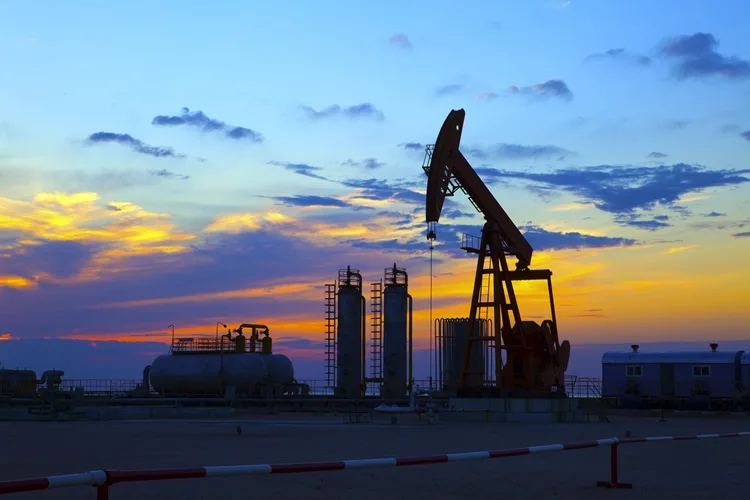The petroleum industry is a vast and complex sector that underpins global energy infrastructure. From exploration and production to refining and distribution, it’s a dynamic field offering a multitude of rewarding career paths. Geologists, engineers, and other specialists collaborate to ensure efficient and responsible extraction, processing, and transportation of oil and gas resources that fuel people’s transportation, manufacturing, and heating needs.
Petroleum Engineer
Petroleum engineers are the masterminds behind the safe and efficient extraction of oil and gas. They leverage their expertise in geoscience and engineering principles to design drilling plans, oversee the construction of wells, and optimize production output.
Working alongside geologists, they analyze geological data to pinpoint potential reservoirs and determine the most effective drilling methods. Throughout the process, they prioritize safety and environmental responsibility, ensuring that operations adhere to stringent regulations.
Drilling Engineer
Drilling engineers are the strategists who meticulously plan and execute the drilling of oil and gas wells. They collaborate closely with petroleum engineers and geologists to develop cost-effective drilling plans that maximize production while minimizing risks. Their expertise encompasses a range of drilling technologies and methodologies, allowing them to select the most appropriate approach for diverse geological formations. During drilling operations, they oversee the crew and equipment, ensuring adherence to safety protocols and addressing any unforeseen challenges that may arise.
Petroleum Accountant
Petroleum accountants play a critical role in the financial management of oil and gas companies. Their role involves supervising financial transactions concerning the exploration, production, and distribution of petroleum products. They prepare financial statements, analyze financial data, and ensure adherence to accounting standards and regulations in the petroleum industry. They also provide financial guidance and support to management, helping to ensure the long-term financial success of the company.
A career as a petroleum accountant offers opportunities for growth and advancement in a dynamic and fast-paced industry. To learn more about becoming an Accredited Petroleum Accountant (APA®), visit https://www.copas.org/apa-program/.
Refinery Operator
Refinery operators are the frontline personnel responsible for transforming crude oil into the essential products that power people’s daily lives. Within the intricate network of pipes and vessels in a refinery, they operate and maintain complex equipment used in the distillation process.
They meticulously monitor various parameters like pressure, temperature, and flow rates, making adjustments as necessary to guarantee the quality and consistency of the final products, such as gasoline, diesel, and jet fuel. Their vigilance is crucial for ensuring the smooth operation of the refinery and adherence to safety regulations.
Environmental Engineer
Environmental engineers in the petroleum industry play a critical role in safeguarding the planet. They work diligently to minimize the environmental footprint of oil and gas exploration and production activities. Their responsibilities include developing strategies for waste management, implementing pollution control measures, and ensuring compliance with environmental regulations.
They collaborate with other engineers and geologists to find innovative solutions that balance resource extraction with environmental sustainability. By mitigating the environmental impact of the industry, they contribute to a cleaner and healthier future for everyone.
Petroleum Geologist
Petroleum geologists are the explorers on a quest for hidden treasures beneath the Earth’s surface. They utilize their knowledge of geology and sophisticated technologies to identify potential oil and gas reservoirs. Through meticulous analysis of seismic data, rock samples, and other geological information, they map subsurface structures and assess the presence and potential size of hydrocarbon deposits. Their expertise is crucial for guiding drilling decisions and maximizing the success rate of exploration efforts.





